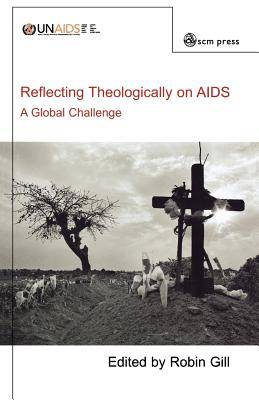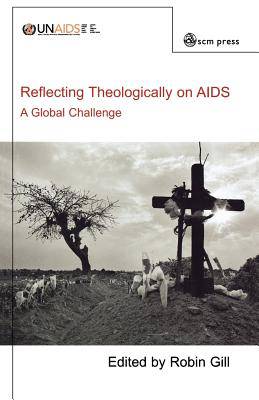
- Afhalen na 1 uur in een winkel met voorraad
- Gratis thuislevering in België vanaf € 30
- Ruim aanbod met 7 miljoen producten
- Afhalen na 1 uur in een winkel met voorraad
- Gratis thuislevering in België vanaf € 30
- Ruim aanbod met 7 miljoen producten
Zoeken
€ 44,45
+ 88 punten
Omschrijving
A Global Challenge: Reflecting Theologically on AIDS gathers together recent theological responses to the challenge of the current HIV/AIDS pandemic. It starts from the Theological Workshop organised by UNAIDS in Namibia in December 2003 and uses some of the key participants as primary contacts for locating these responses on an international and ecumenical basis. Each chapter addresses and seeks to take further the central themes identified in Namibia, namely: God and Creation, Interpreting the Bible, Sin, Suffering and Lamentation, Covenantal Justice, Truth and Truth-telling, The Church as a Healing, Inclusive and Accompanying Community. At present some of the most important theological responses to HIV/AIDs made recently in Southern Africa, South America and India are little known or appreciated in the West (where HIV/AIDS is often considered to be a virus/disease that is now in control). Statistical and epidemiological reports on the HIV/AIDS pandemic are now widely available in the West, but specifically theological responses are not. This book seeks to rectify this situation and position this theological challenge more centrally in Western theological education. It will be of interest and concern to all those engaged in pastoral and contextual theology within theological colleges of different traditions as well as in university departments.
Specificaties
Betrokkenen
- Auteur(s):
- Uitgeverij:
Inhoud
- Aantal bladzijden:
- 220
- Taal:
- Engels
Eigenschappen
- Productcode (EAN):
- 9780334040026
- Verschijningsdatum:
- 27/03/2007
- Uitvoering:
- Paperback
- Formaat:
- Trade paperback (VS)
- Afmetingen:
- 141 mm x 219 mm
- Gewicht:
- 249 g

Alleen bij Standaard Boekhandel
+ 88 punten op je klantenkaart van Standaard Boekhandel
Beoordelingen
We publiceren alleen reviews die voldoen aan de voorwaarden voor reviews. Bekijk onze voorwaarden voor reviews.












